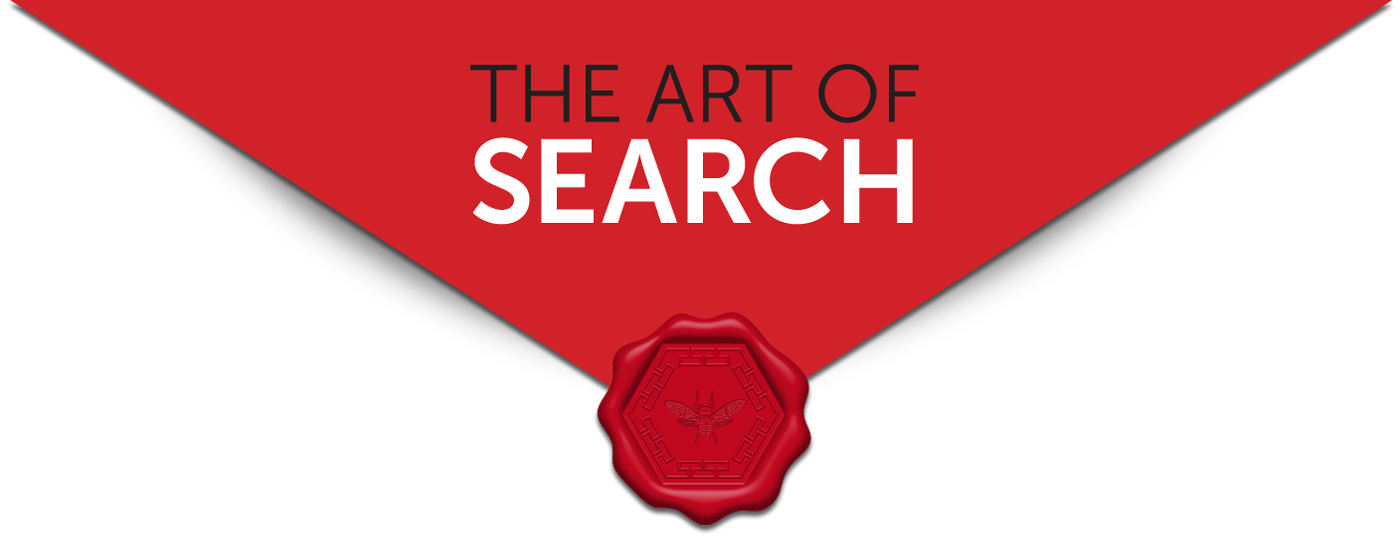

Round Table Discussion
Today, at the Digital Citizen Summit in Bournemouth, delegates will tackle the topic of communicating with the public through social media. Maybe social media's not the answer - maybe institutions just need a killer website?
The Summit's Problem Statement:
Right now the various stakeholders are not communicating with each other, and when they do they are using dramatically different languages.
Digital Citizen Summit
The summit is addressing the right question.
Digital media tends to be regarded as a broadcast medium by too many organisations. The real appeal of every digital communication is that it's all two way communication - you give the audience content, they give you big data. When it comes to digital marketing, organisations which are set to transmit and not receive have failed to grasp where the real power lies. The real power may be found not in what those selling a message have to say but in what Customers, consumers and voters think and feel. The problem statement set out by the digital citizen summit correctly identifies the key issue as the use of 'dramatically different languages'.
Sellers think about features whereas buyers think about benefits. Whiting's law states that "buyers and sellers start from opposite sides of the transaction." So, is social media the answer? I argue no, because the social channel is just as likely to be abused as a broadcast medium as any other form of digital media. Instead, I propose that our measurable channel is the combination of website and search engine.
Think like the Customer
The only way to successfully secure a #1 rank in the search engine results pages is to think like the Customer. By thinking like the Customer one puts oneself into their context and provide the searcher with the relevant information they're seeking.
This digital citizen summit suggests getting all stakeholders around the table to talk - this is a fine goal but the tides of the digital sea turn quickly and, despite its immediacy, social media is, well, social, reactive and vague. Social media lacks the precision of a well optimised website. The Art of Search argues that, by modelling upon Search and communicating using the language of the Customer, a place for your customers'/citizens' can be made available at the boardroom table. The different language you're about to use is about to get wholly strategic. By spending time thinking about their needs rather than your agenda you'll instantly remodel your own language around the 'dramatically different language' that citizens are using.
'Dramatically different languages'
Here's the nub of it: Suppliers market solutions but citizens grapple with symptoms. Think about it. Ask yourself about your last Google search; did you search for 'a customer-facing team with a can-do approach to domestic appliance lifecycles'? No, of course not! You search for 'washing machine repairs Bournemouth'.
The keywords we use to search with are the vital signals of what a customer is thinking - align your corporate output to the citizens' wants, needs, challenges, hang-ups, anxieties, dilemmas and thoughts and you're already communicating in a dramatically better manner. The vital bridge between your work and the citizens' own thought processes are the keywords they use to search for stuff:
Keywords are Customers' best attempts to sum up and communicate everything they want to get in the shortest possible way.
Search requires getting to know your Customers in order to use keywords as the emotional and logical connections between their mental buying processes and your corporate output.
The Art of Search - Steve Whiting.
Once you accept this then you can begin to understand that, in fact, they things you get searched and found for are not your keywords but your customers'. You are borrowing their language. If you use this ever-changing, fluid use of language in your website then, as you achieve a #1 rank, you'll know that you're talking directly to your marketplace. When you start to get clickthroughs from the search engines to your website then you'll know that you are saying the right things and using the right language. If you're top of Google but getting no clicks then you're still using different language so change it. Now.
Finally, don't assume that this paper which focuses upon search and SEO has nothing to do with the digital social landscape because it does. One of the first questions to ask yourself is 'What are my Customers talking about and what language are they using?' - to which you immediate follow-up answer should be: Connect with them online and simply observe the language, their style of communication, their abbreviations, their beliefs, their wants, needs, challenges, hang-ups, anxieties, dilemmas and thoughts.
Perhaps you don't need 'to bring ALL stakeholders to the table' - perhaps you just need a killer website and a proven communication strategy.
 @theartofsearch
@theartofsearch